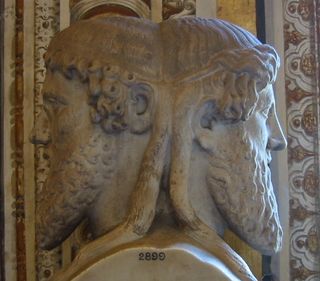
Introversion
Solitude: The New Way to Celebrate
The introvert's alternative to the new year's hangover.
Posted December 30, 2015
It's the first day of the new year. You wake up, head pounding, stomach churning. One toe into the new year and regrets already.
As repelling as this scenario sounds, it's programmed into our cultural DNA along with the party hats and champagne.
For introverts, the new year's hangover isn't the only punishment for a night of partying. The night of partying has already served as punishment. Introverts, who are highly sensitive to external stimulation, typically enjoy lower-key activities, interactions with one or two people at a time, and ample doses of solitude.
What would an introvert party look like? My Facebook followers endorse the following supplies: a cozy setting or access to nature, a book or tablet, a loving pet, journal or sketchbook (these days adult coloring books are great party favors), and quiet for reflection and planning. This is indulgence for the introvert. And, contrary to images of the typical holiday gathering, this often solitary experience can be shared. Child psychoanalyst and theorist D.W. Winnicott proposed that one of the highest developmental achievements is to learn how to be alone in the presence of another. This experience is fostered by the sharing of quiet pleasures and companionship during independent activities.
I think the big disconnect in our society is the belief that enjoying time with others necessarily involves talking - and often drinking, which, of course, makes us talk more and louder. Thankfully, another model has come of age, one that involves quiet coffeehouses, adult coloring gatherings, and silent reading parties.
And, though I may blaspheme the great American party, perhaps New Year's Eve could facilitate, rather than drown out, reflection. Janus, the Roman god for whom January is named, is an apt symbol for introversion. The god has two faces, one looking backward and one gazing ahead.

The Janus-inspired ability to quietly take inventory, curate collected reflections, and map out a course for the future, provides a new model for celebrations: reflections penned in a journal, conversations on values, quiet musings while sitting by the fire. Charles Dickens inspired celebratory reflection by introducing the ghosts of Christmas past, present and future. After that kind of celebration, you'll more likely feel replenished in the morning. You might even throw open the window and shout a greeting to the New Year.

